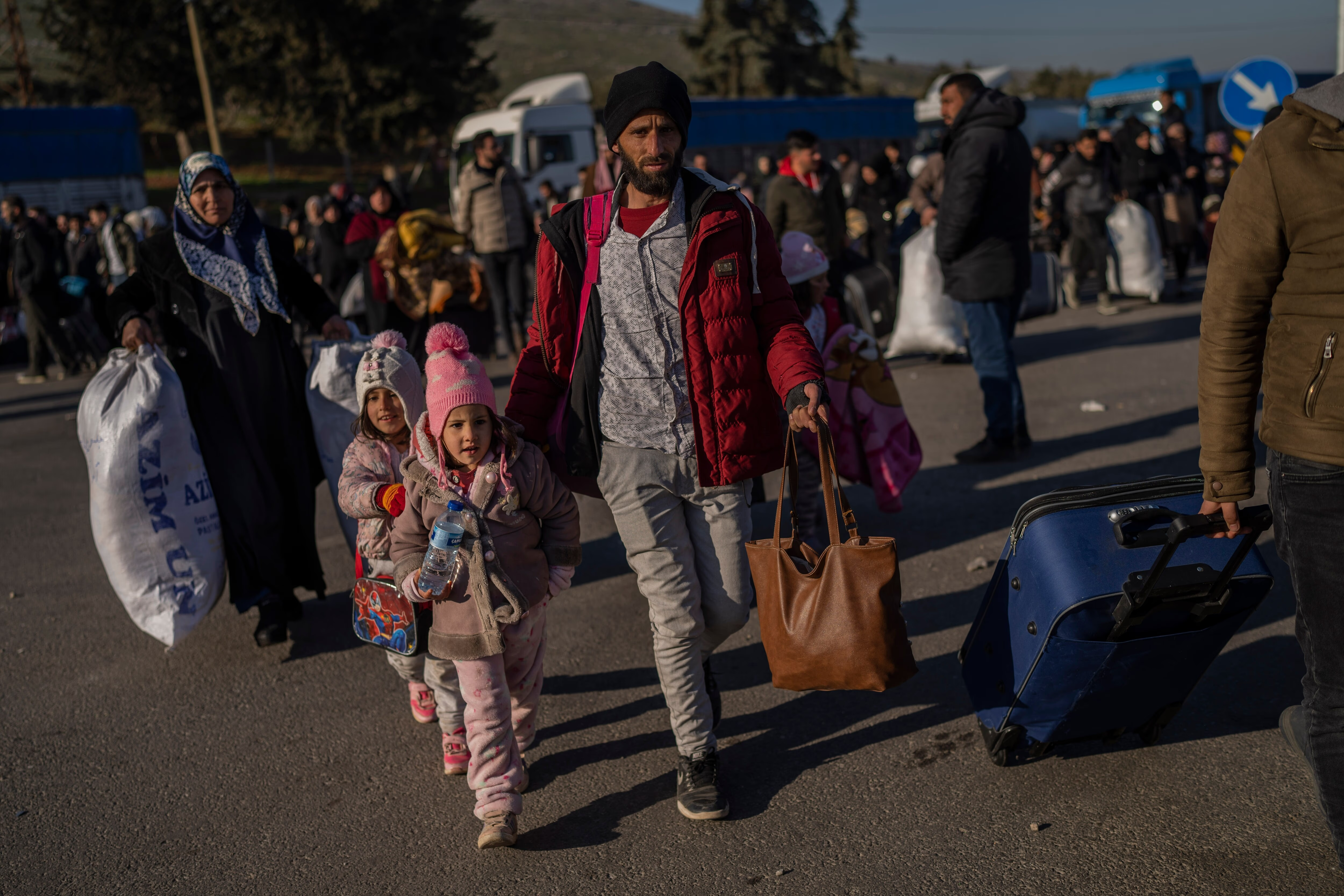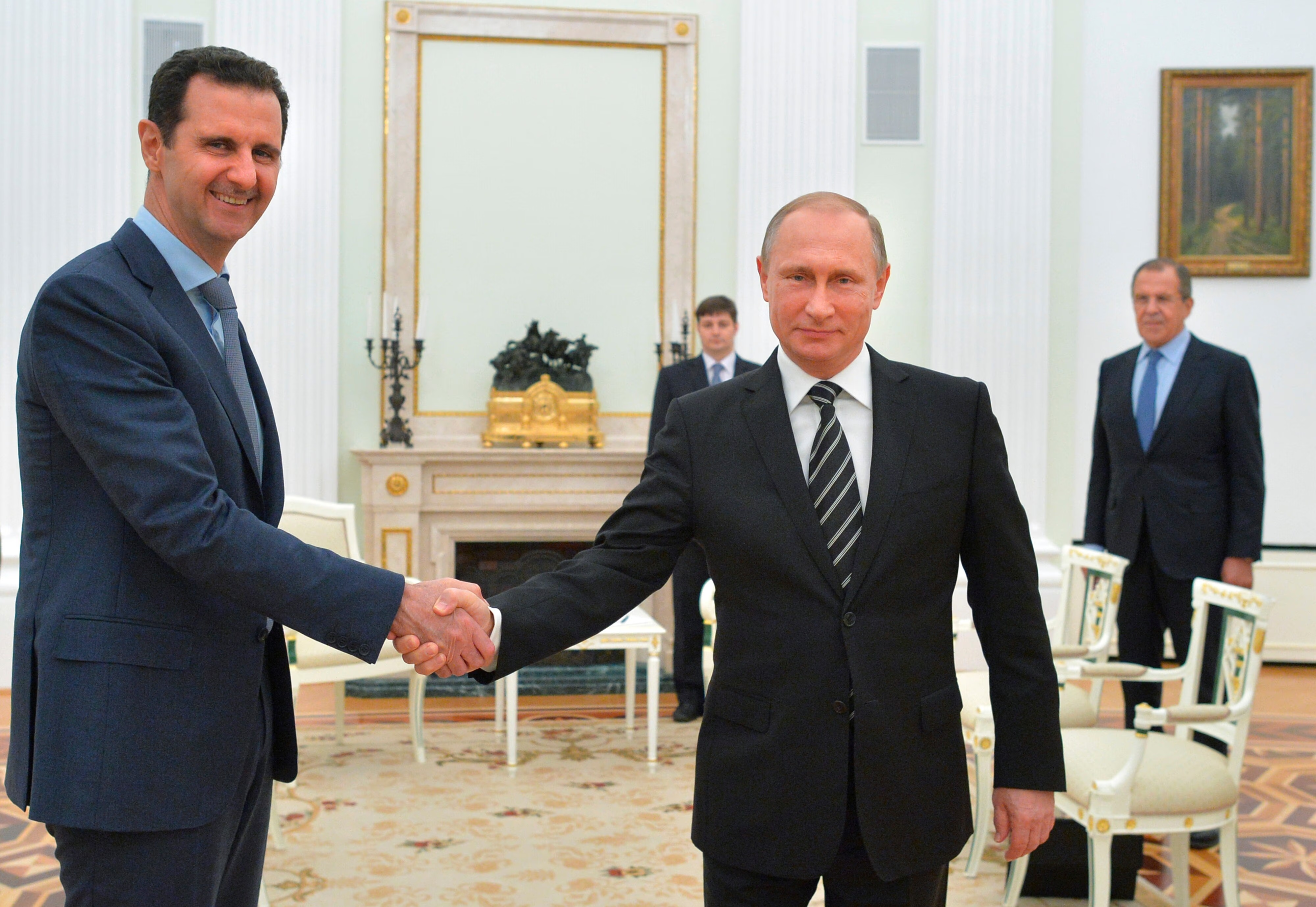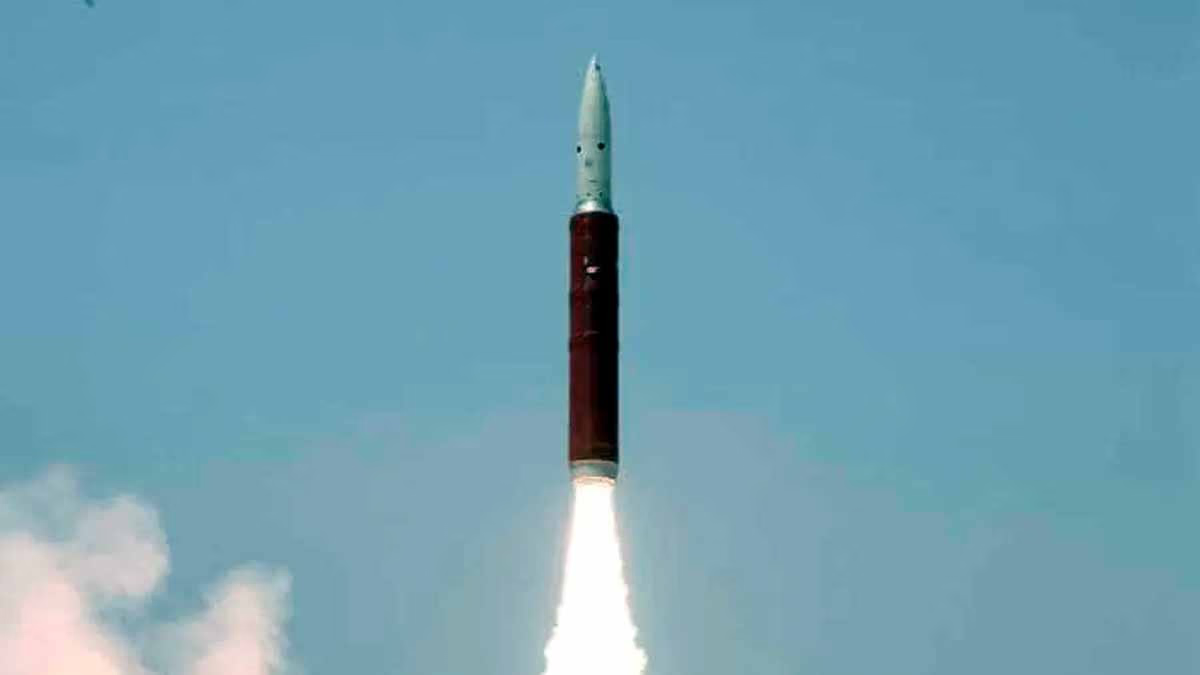Fresh unrest has erupted in Syria as rebel groups seem to have launched a campaign against President Bashar al-Assad, capturing numerous crucial territories, including the city of Aleppo. Meanwhile, the situation has seen intervention from the U.S. and Russia, with the U.S. supporting the rebels and Russia backing the Assad regime.
Bashar al-Assad has ruled Syria for the past 24 years, inheriting power from his father. Throughout his political journey, Assad has navigated numerous disputes to maintain his regime, often confronting and sometimes instigating conflicts. Let's delve into who Bashar al-Assad is, as threats loom yet again.
Syrian Intrigue: The Role of Russia and Turkey in Domestic Strife
Who is Bashar al-Assad?
Bashar al-Assad was born on September 11, 1965, in Damascus, Syria. He became president in 2000, succeeding his father, Hafez al-Assad, who ruled Syria since 1971. Initially, there were hopes Assad would steer Syria towards democratic reforms and economic growth, but he has largely continued his father's authoritarian practices.

Source: aajtak
Hafez al-Assad passed away on June 10, 2000. Just hours after his death, Syria's constitutional framework was altered to pave the way for Assad's presidency. For instance, the minimum age to become president was reduced from 40 to 34, matching Assad's age at the time.
On June 18, Assad was named secretary-general of the ruling Baath Party, and two days later, the party congress nominated him for the presidency. He received confirmation and was elected unopposed for a seven-year term on July 10.
Assad's Stance on the Israel-Syria Conflict
Tensions with Israel persisted as Assad assumed the presidency. He maintained his father's stance against Israel and continued to demand the return of the Golan Heights while supporting Palestinian and Lebanese militant groups.
Relations with the U.S. worsened when Assad condemned the U.S.-led invasion of Iraq in 2003. Subsequently, he openly opposed the West and the U.S. In his speeches, Assad prioritized nationalism, worsening Syria's predicament.

Source: aajtak
In 2007, Assad was unanimously elected president for a second term, although critics accused him of election fraud. During his second term, Assad attempted to mollify international opposition and sought to improve Syria's relations with Saudi Arabia and Turkey.
Civil War in Syria!
Syria's unrest, inspired by the Arab Spring across the Middle East, erupted in March 2011, and Assad's regime was severely jolted. People demanded democracy, but Assad's regime responded with brutal countermeasures, triggering international condemnation. Despite repressive actions, dissent gradually spread across the country.
The Proxy War: U.S., Turkey vs. Russia in Syria
Initially, Assad's regime made some concessions to the opposition, but as dissent persisted, he ordered military crackdowns on protesters. This galvanized international opposition to his rule. Despite repressive actions, resistance spread nationwide.

Source: aajtak
Assad deployed tanks and soldiers to multiple cities, prompting armed groups to emerge by September 2011, launching effective attacks against his regime. Despite mediation attempts by the Arab League and the United Nations, efforts failed, and the crisis transformed into a civil war by mid-2012.
Bomb attacks on Assad's senior security officers in 2012 shook his government. The security situation further deteriorated. Assad solicited assistance from allies, while Saudi Arabia, Turkey, and Qatar began supporting rebel groups, reportedly comprising civilians.
The Chemical Weapons Attack and its Aftermath
Syria's dark days began when Assad reportedly used chemical weapons against civilians in 2013. This provoked threats of action from the U.S., Britain, and France. However, by then, Russia had aligned with Assad, mediating to calm the situation.
Russia and Iran strongly backed Assad's regime, and by 2015, with Russian military support, Assad's rule strengthened during the civil war. By 2018, Assad had regained control over most of Syria.

Source: aajtak
A New Front in the Middle East: Russia-US Proxy War Concerns in Syria
This civil war devastated most of Syria. The nation is now administratively divided, with rebels controlling about 30% and Assad governing the remainder. Amid efforts to reconstruct the country, Assad's regime faces renewed threats as rebel groups, reportedly with American backing, intensify their rebellion.




